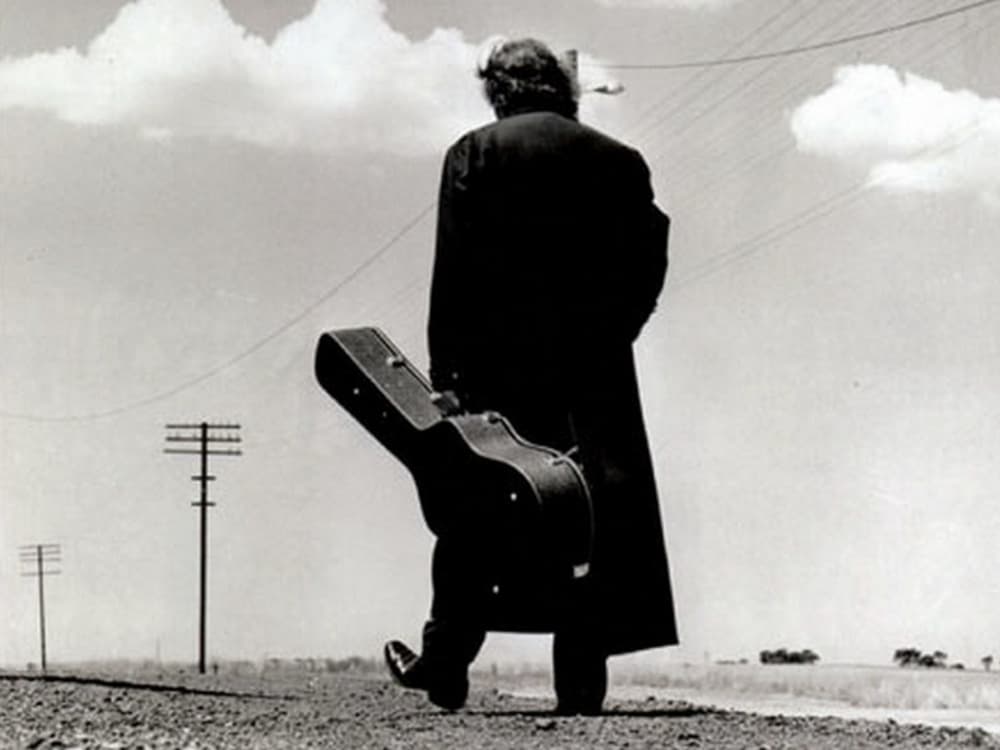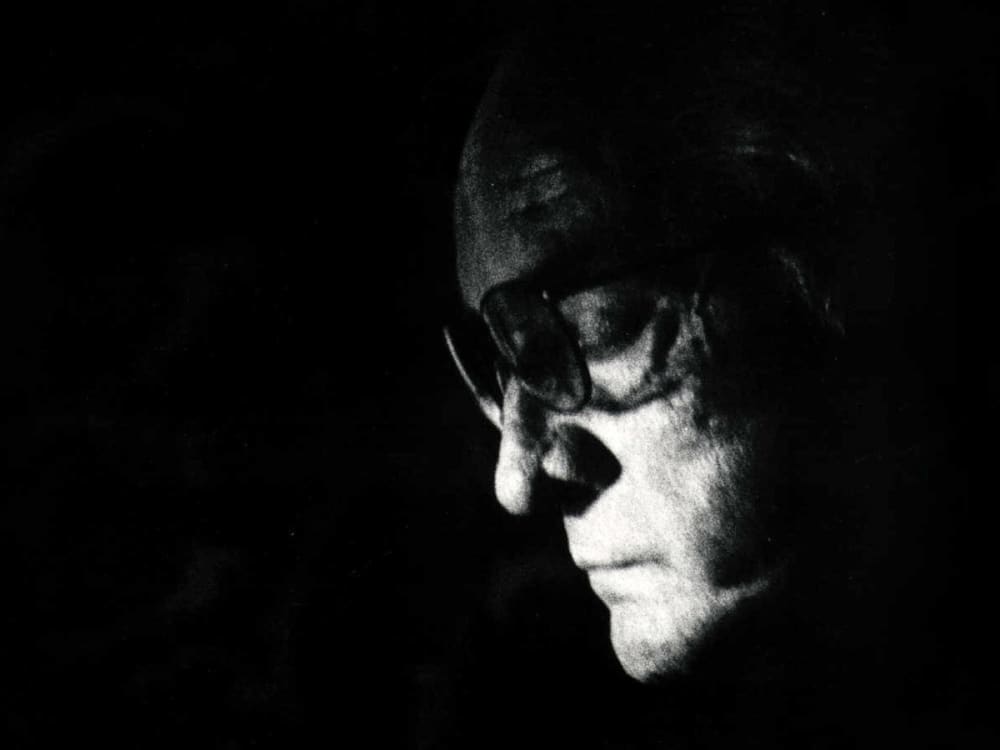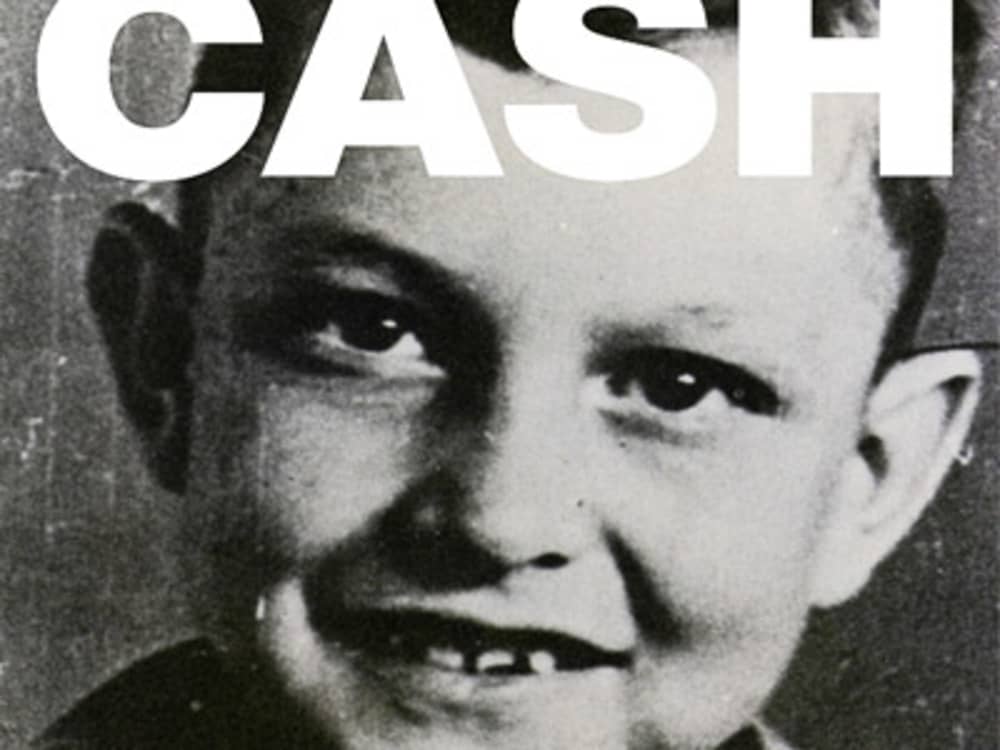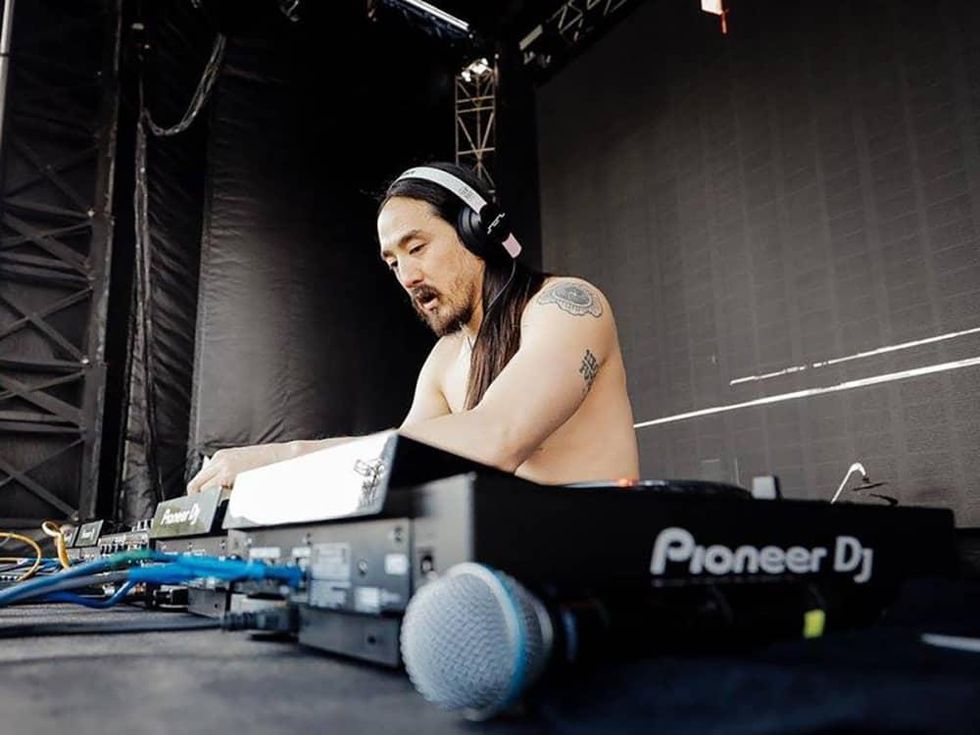 The Man in Black sings on from the grave.Courtesy photo
The Man in Black sings on from the grave.Courtesy photo Johnny Cash isn't all about death.
Johnny Cash isn't all about death. Johnny Cash is an American music icon.
Johnny Cash is an American music icon.
It's a bit hard to believe that Johnny Cash passed away almost seven years ago, because he's been more ubiquitous as an icon than ever before. The highly honored biopic flick Walk The Line spread his music to an audience more vast than he ever enjoyed when he was alive, and everyone from rockers to rappers have adopted him as a patron saint of the outlaw genre that never goes out of style.
The great thing about the American Recordings series is that it puts the focus on Cash's musical talent. It reminds us that without his artistry, the legend never would have been possible. Cash hurriedly put together the latest of these releases, "American VI: Ain't No Grave," with producer Rick Rubin knowing that his time was short.
This may or may be the last of these sessions (with music icons, you never really know what is going to be put together post death).
If this is it, it's a subdued yet effective farewell. If there's still more to come, then it's a solid continuation of what has been an invaluable series.
"American VI" strips away much of the production tics that Rubin has applied to previous records in an effort to amplify their portent. With the exception of the rattling-chain sound effect that dominates the opener "Ain't No Grave" and the mournful steel guitar and mellotrons that color the anti-war plea "Last Night I Had The Strangest Dream," the musical signifiers of the fast-approaching Great Beyond are largely absent.
That's a wise move because many of the chosen songs play up the association with no embellishment necessary. One need only look at the titles to get the drift: "Ain't No Grave," "Redemption Day," "Can't Help Wonder Where I'm Bound." All songs are written in the first person, it's impossible to find any other context for them other than the plight of their performer.
Luckily, Cash imbues these songs with varying shades to rescue them from moroseness, flashing glimmers of rebellion here and there that tell death exactly where to get off, even as he resignedly accepts its inevitability.
As always, Cash makes every song sound as if it were written solely for him, such is the power of his eternal baritone. He's even able to keep the Hawaiian goodbye song "Aloha Oe" from sounding like a novelty number, which is no small accomplishment. And anyone expecting a frail effort due to Cash's failing health at the time will be pleasantly surprised; although the boom of the voice is muted, the expressiveness of it still connects with the listener like no other.
To these ears, Cash actually sounds better than on some of the previous American albums, as if he was able to summon something extra for these final efforts.
The irony here is that the best things on "American VI" are the songs that are least connected to Cash's limited time on earth. He is brilliant on old buddy Kris Kristofferson's beautiful lost-love lament "For The Good Times," proving that the finest singers can make heartbreak sound downright romantic. And he has a blast with "Cool Water," his mischievous sense of humor and his irrepressible spirit dripping off of his pitch-perfect phrasings.
These particular songs do Cash the greatest justice on this album because they show his versatility as a performer. If all people know of Johnny Cash are the American recordings, they might fall under the misconception that all he ever sung about was death.
It turns out that the best moments on "Ain't No Grave" come when the Man In Black, facing down his demise, turns his gaze back to the complexities of life, revealing beauty and truth with every note sung.
Sample "American VI: Ain't No Grave"
Adobe Flash Required for flash player. "For the Good Times"
Adobe Flash Required for flash player. "Cool Water"
Adobe Flash Required for flash player. "Ain't No Grave"





